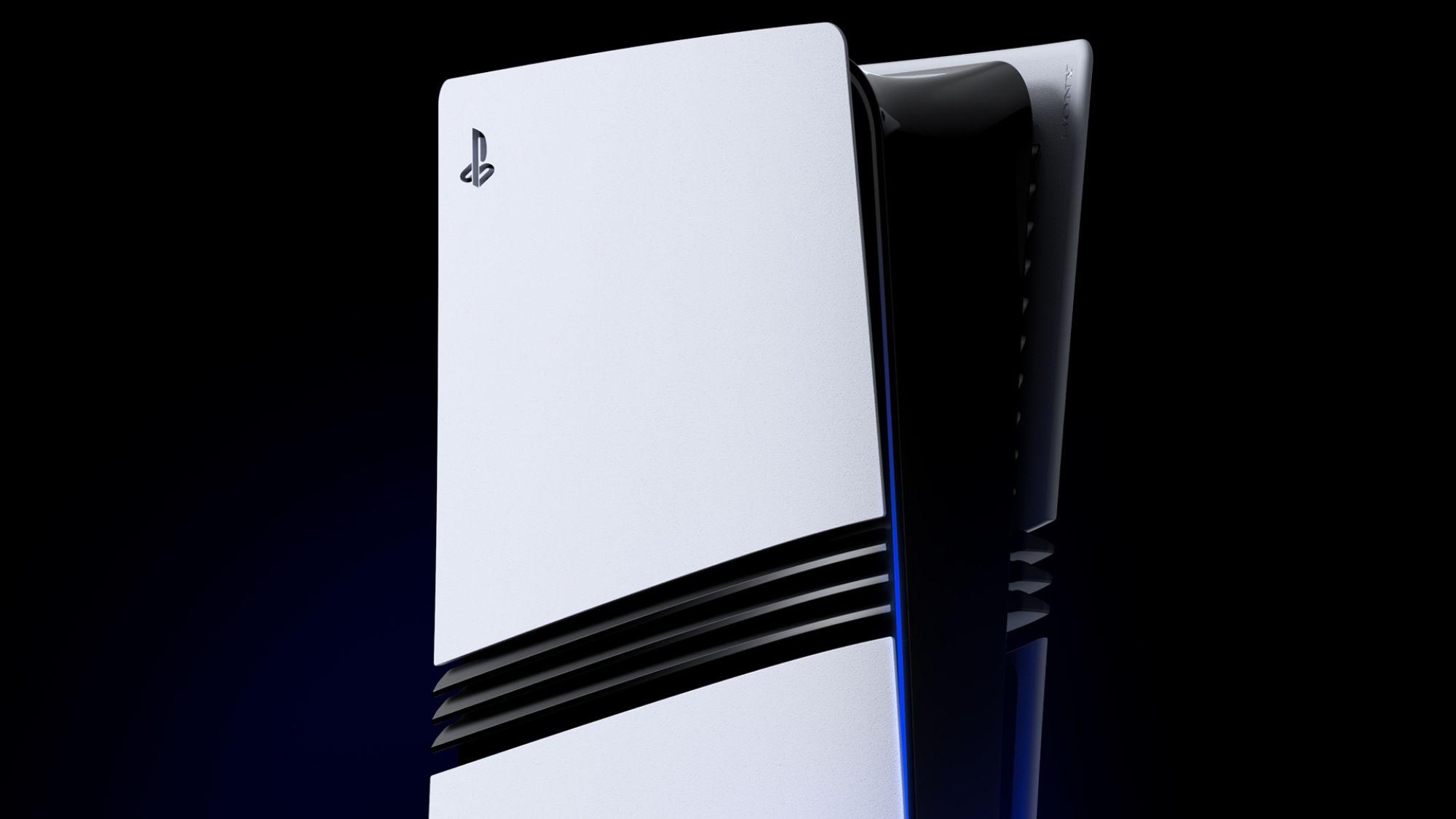Sony has undoubtedly become one of the most influential players in the gaming industry over the years. As the company celebrates the 30th anniversary of its PlayStation gaming console, it has announced the release of a limited edition variant, the PS5 Pro 30th Anniversary Edition. However, what is catching the attention of many is Sony’s decision to restrict pre-orders of this exclusive console to only PlayStation Network (PSN) accounts with 30 hours of recent activity in Japan. This move has sparked discussions and debates among gamers and industry experts alike.
The PS5 Pro 30th Anniversary Edition is a special edition console with unique features, designed to commemorate three decades of PlayStation excellence. With its sleek design, improved performance capabilities, and enhanced gaming experience, it is no wonder that PlayStation enthusiasts are eagerly waiting to get their hands on this limited edition variant. However, Sony’s decision to restrict pre-orders exclusively to those with 30 hours of recent PSN activity has left many fans puzzled.
While this approach may seem unusual at first glance, it is essential to understand why Sony has made this decision. The primary reason behind this restriction is to prevent resellers and scalpers from taking advantage of limited edition units. The notorious practice of reselling gaming consoles for exorbitant prices has plagued the gaming industry for years, causing frustration for genuine fans who miss out on pre-orders. By tying pre-orders to PSN accounts with active usage, Sony aims to give priority to loyal customers who have invested time in their gaming experiences.
This step from Sony has both pros and cons. On the positive side, it rewards loyal fans who have dedicated their time and effort to the PlayStation ecosystem. It ensures that those who genuinely engage with Sony’s gaming platform have a higher chance of securing the exclusive console. Moreover, it offers an opportunity for less active gamers to actively engage with the PSN community in order to qualify for pre-orders, encouraging an active gaming community.
However, some argue that this decision may penalize genuine fans who may not have had extensive recent gaming activity due to various reasons. For instance, individuals who have recently started playing on a new account, or have been busy with work or personal commitments, may find it unfair that they are excluded from pre-order opportunities. This restriction may inadvertently create a divide among gamers, with some feeling privileged while others feel neglected.
While the decision to restrict pre-orders in this manner may have its merits, it is crucial for Sony to strike a balance between rewarding loyal customers and welcoming new ones. It might be more effective to implement a tiered pre-order system that values both loyalty and active engagement while also providing reasonable opportunities for newcomers to participate. This approach would allow Sony to cater to a broader range of gamers while still addressing the issue of scalpers and resellers.
Sony’s decision to restrict pre-orders of the PS5 Pro 30th Anniversary Edition to PSN accounts with 30 hours of recent activity in Japan has sparked conversations about fairness, loyalty, and accessibility within the gaming community. While the intentions behind this restriction are commendable, Sony should carefully evaluate the impact of such policies on its diverse user base. As the gaming industry evolves, maintaining a balance between rewarding loyal customers and attracting new ones will be essential for Sony’s continued success.

